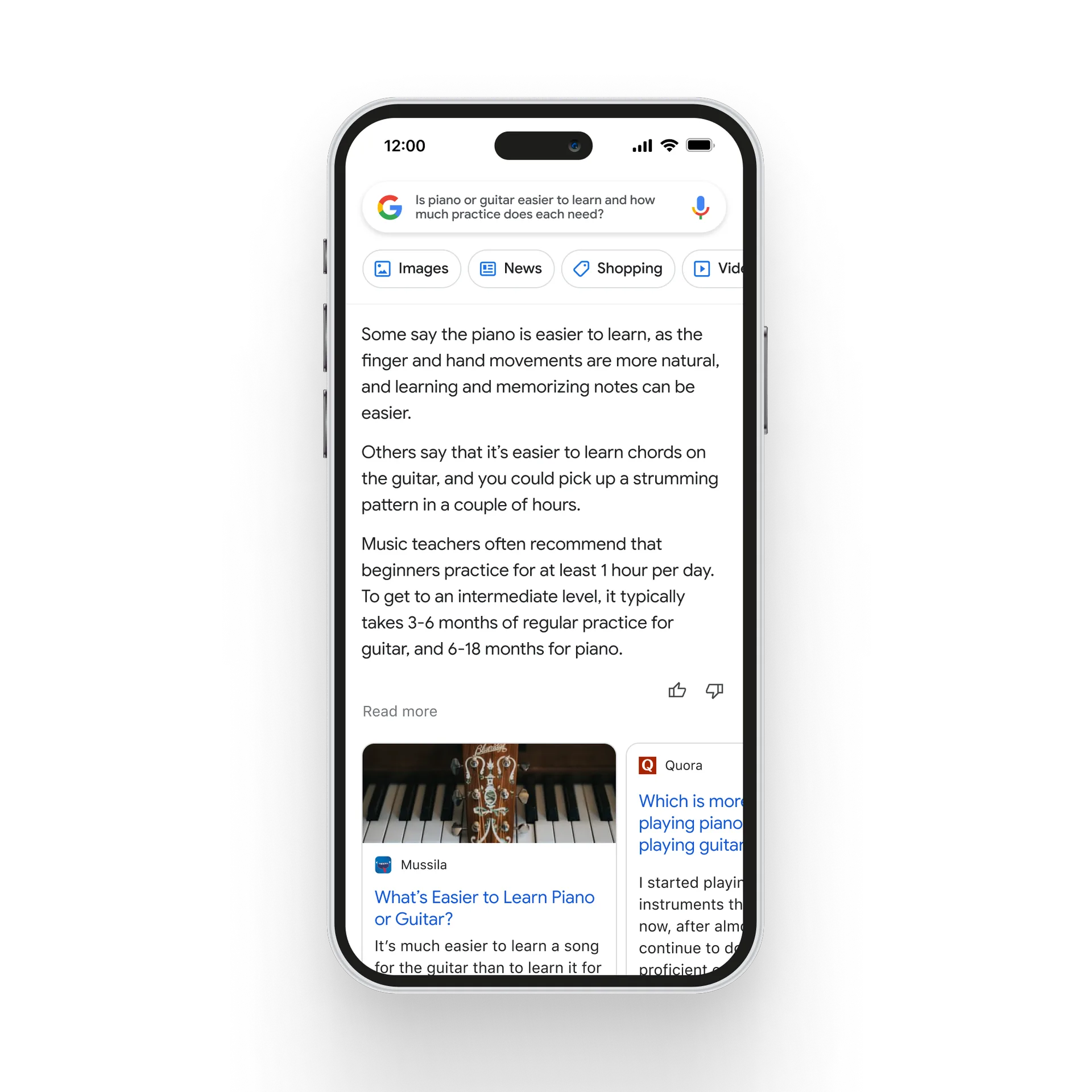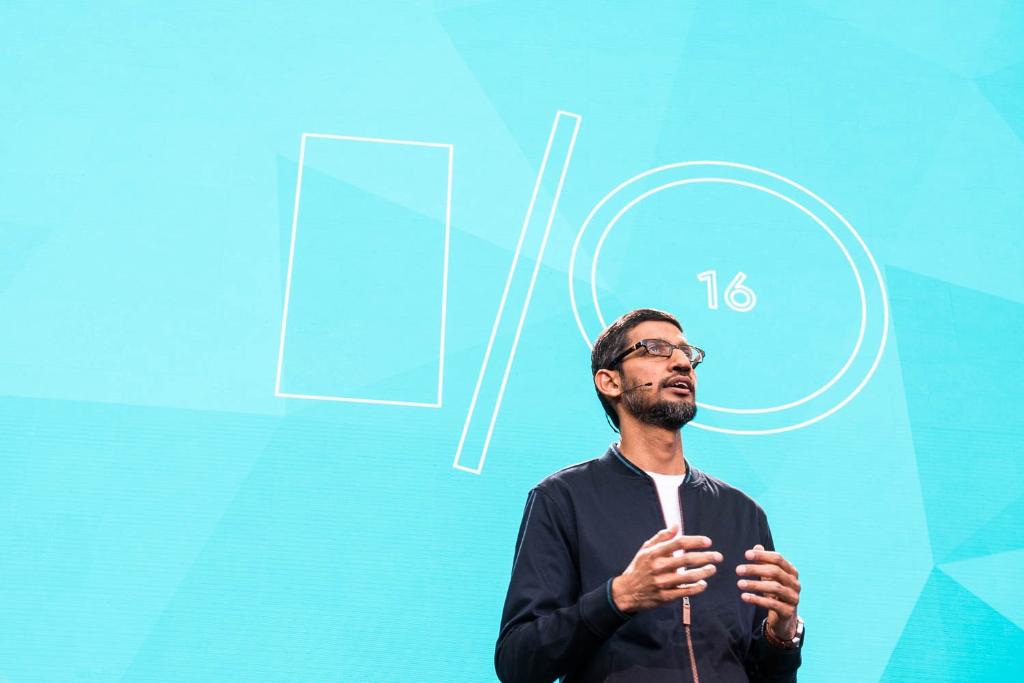Alphabet’s Google launched its annual developer conference, Google I/O, with a slew of announcements that were mostly centred around artificial intelligence (AI).
Google also announced a number of new hardware devices, including a Pixel tablet and the rumoured Pixel folding smartphone, alongside other new software advances.
And the tech giant recognised the cost of living crisis engulfing many countries, when it launched the Google Pixel 7a, which is being touted as a budget Android phone.

Google I/O 2023
It was a busy first day for Google’s developer’s conference, which included the following announcements on the hardware side:
- The Google Pixel 7a budget Android phone, starting at £449
- Google’s Pixel Tablet, starting at $499
- The $1,799 Pixel Fold folding phone
These hardware devices will be covered in a separate article.
Google also announced a slew of AI-related developments, as it seeks to go toe to toe with Microsoft, after it stole something of a march on Google with its integration of OpenAI’s ChatGPT into the Bing search engine, as well as the Microsoft Office suite.
To counter this, the following were some of Google’s AI highlights:
- Addition of new features to Bard chatbot, removal of waitlist
- Google to bring generative AI to Search
- New PaLM 2 large language model for AI
- Google AI to come to Docs, Sheets and Slides
- New AI writing tools for Gmail
- Immersive view for Google Maps
“Seven years into our journey as an AI-first company, we’re at an exciting inflection point,” said CEO Sundar Pichai in his keynote address. “We have an opportunity to make AI even more helpful for people, for businesses, for communities, for everyone.”

“We’ve been applying AI to make our products radically more helpful for a while,” said Pichai. “With generative AI, we’re taking the next step. With a bold and responsible approach, we’re reimagining all our core products, including Search.”
Bard chatbot
Google is to add a host of new features to its Bard chatbot, released to selected members of the public in the US and UK back in March, to make up ground on Microsoft after Bard made a factual error in its first-ever public demo.
Google in its presentations was clear that its chatbot is still an experiment and not a replacement to its search engine.
To this end Bard will gain support for new languages (Japanese and Korean); easier ways to export text to Google Docs and Gmail; a visual search option; and a dark mode.
But the most notable news is that Google is removing the waitlist for Bard and making the system available in English in 180 countries and territories.
Google Search generative AI
Google announced it is bringing generative AI features to search, via a product known as “Converse.”
Converse will be able to synthesise search results from complex queries, although it is not clear which users will be able to access it, or indeed when it will actually be deployed.
A Google search executive showed off the AI search engine, asking it “why is sourdough bread still so popular?”
The AI then provided a summary (called an ‘AI snapshot’), but Google stressed that “generative AI is experimental.”
And in order to gain access to these ‘AI snapshots’, users will have to opt in to a new feature called Search Generative Experience (SGE for short).
It should be noted that not all searches will generate an AI answer, as the AI system will only work when Google’s algorithms think it is more useful than standard results.
And the AI will also avoid sensitive subjects such as health and finances.
New PaLM 2 language model
The last AI-related item Silicon UK will cover from the Google I/O conference, is the launch of the PaLM 2, a “next-generation language model” that Google says outperforms other leading systems on some tasks.
PaLM 2 will be built in to 25 new products and features, and like other “large language models”, PaLM 2 is a general-purpose AI model.
This means it can be used to power ChatGPT-style chatbots but can also be used to translate languages, write computer code, or even analyse and respond to images.
The obvious way to interact with PaLM 2 will be in the Google Bard chatbot.
Another new feature is called “Duet AI”, which will allow users of Google’s “Workspace” apps (Gmail, Docs, Slides and Sheets) to utilise the PaLM 2 AI as a co-author of text, spreadsheets and slides.





